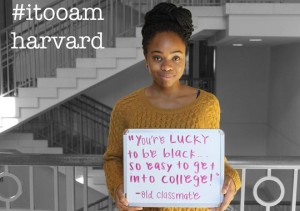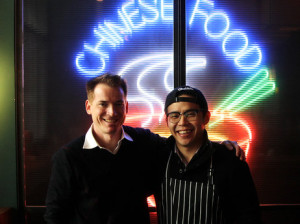One of the interesting questions surrounding Brexit is the status of English in the EU. This was raised in an article in the Guardian yesterday in which it was reported that the EU’s chief negotiator has indicated that he expects the talks to be conducted in French. The British Prime Minister, Theresa May has said that will not be the case. Just in case, the Guardian has published a tongue-in-cheek guide for the PM, Le Brexit: a linguistic guide for Theresa May. Included are French translations of such helpful phrases as “Brexit means Brexit. How many times do I have to say it?” or “Can I interest you in a some tea and biscuits? I also have some very innovative jam to sell you”. The latter phrase is in connection with a recent tweet from the British trade secretary, “France needs high quality, innovative British jams & marmalades”.
The unhappiness in the EU over Brexit may be reflected in the recent comment by Jean-Claude Juncker, the EU Commission President, that he will no longer speak English in public. According to the article, “Speculation that English would be abandoned by Brussels emerged on the day after the referendum when the European commission president, Jean-Claude Juncker, who is fluent in English, conducted his Brexit press conference in French”.
With Great Britain leaving, Ireland is left as the last native English speaking EU member. Irish Gaelic is one of the 23 official EU languages, so if English were to go, Irish officials may need to brush up on their likely rusty Gaelic (spoken as a mother tongue by less than 1% of the population). In reality, it’s not likely that there will be a change in the status of English, as it is widely used as the lingua franca in the EU, as it is elsewhere in the world.
As it happens, I am currently in London, having come over for a conference at the Open University on “MOOCs, informal language learning, and mobility”. Brexit was something which came up frequently, as a number of the projects presented at the conference were funded by the EU. For language educators, Brexit is unfortunate not just due to possible loss of project funding, but also for the isolationist message it sends. Of course, the kind of nationalism Brexit represents is not just to be seen in Britain, it’s been on full display in the US presidential campaign. I’ve had frequent pub conversations in the last few days about the election, with most Brits expressing incredulity over Trump and how far he’s gotten. Yesterday I was asked in separate conversations the same question: “Aren’t you ashamed?” Being in this situation as a US citizen abroad takes me back to the conversations I had in Europe during the Vietnam war and the war in Iraq – like the Trump candidacy, events that don’t show the US in the best light. However, during one conversation last night, “Tangled up in blue” played over the pub’s sound system, so I was able to say, there are things about the US I’m proud of, like our newly minted Nobel Laureate in literature!










